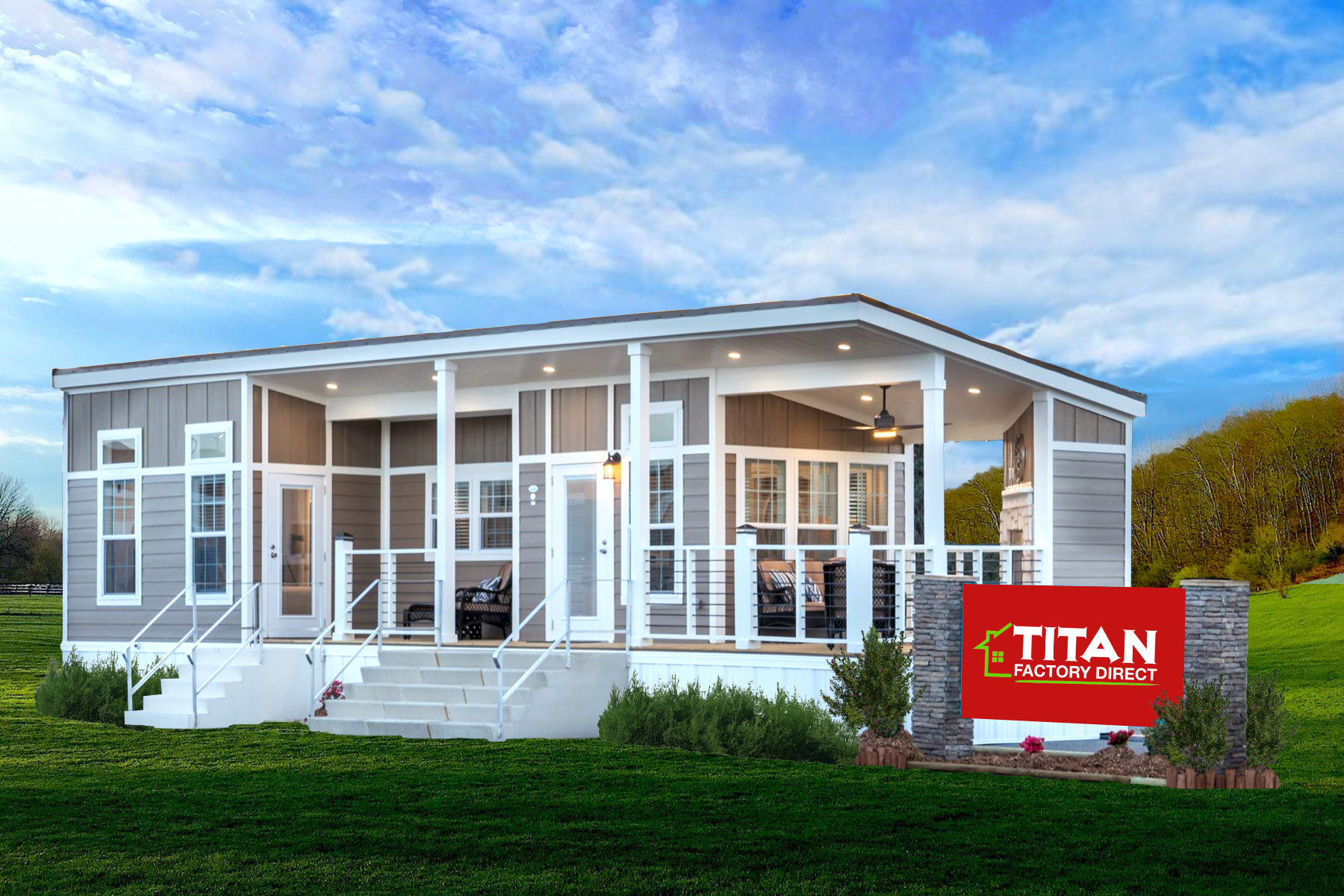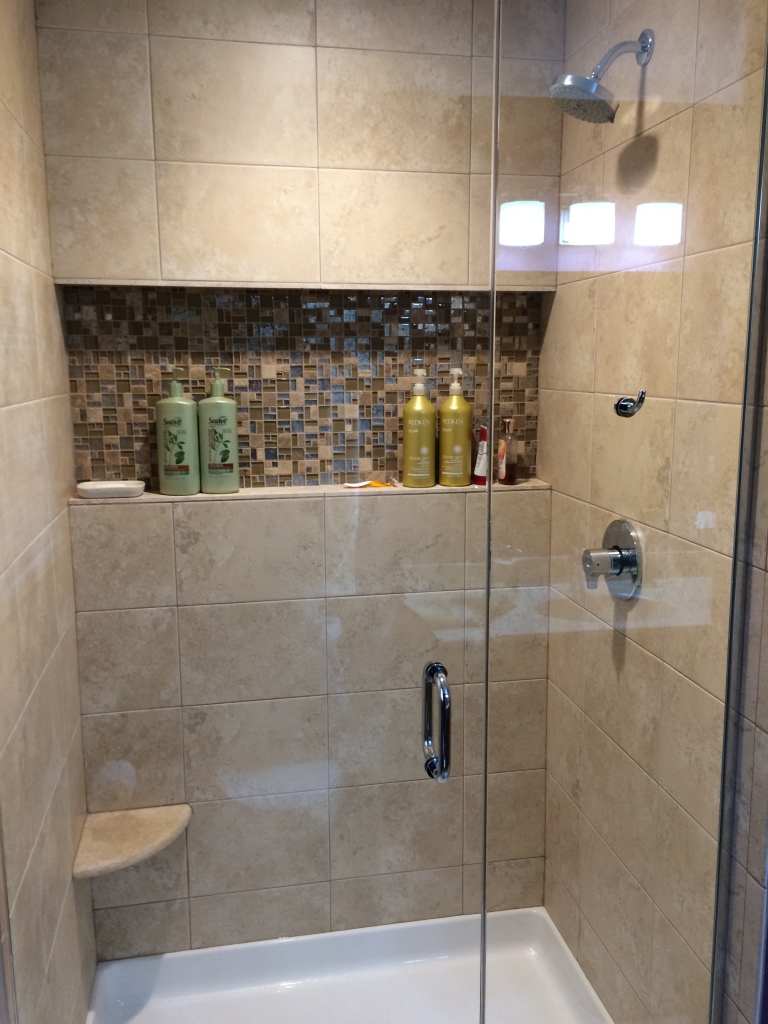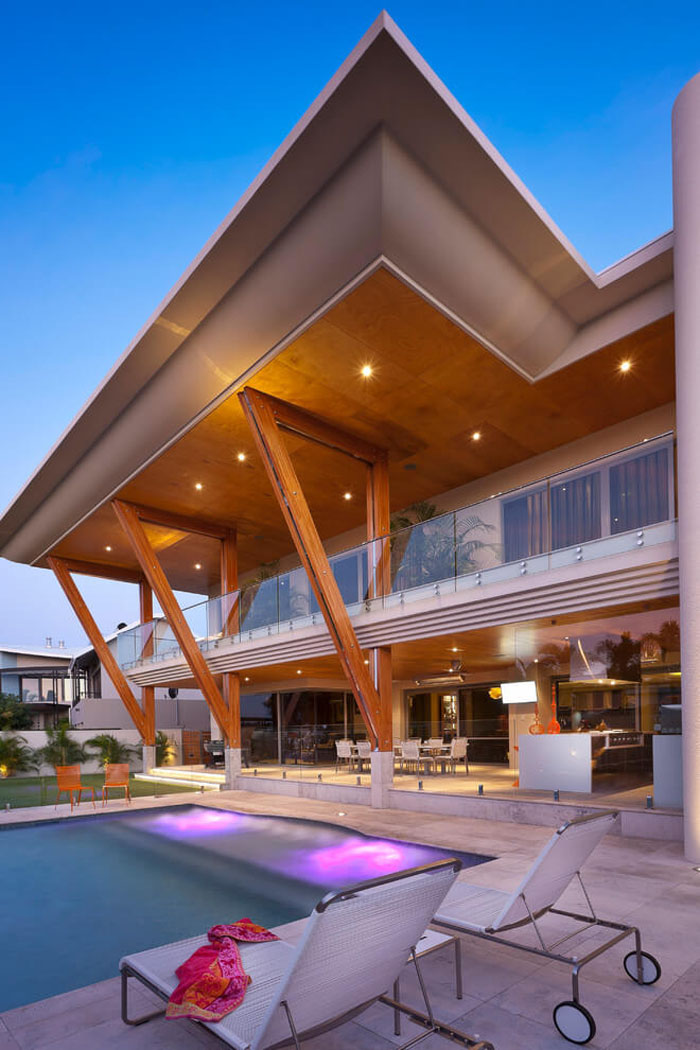Table of Content
Owner builder loans are for borrowers who want to build their own homes. The owner may be the general contractor as well or they might be using another professional to help them build their home. You usually have to make a down payment and have an excellent credit score to be able to secure these loans. They also have shorter repayment windows of about 18 months or less which can make it hard to pay back for some people. You may also need to go through the bank to get a mortgage when the construction loan is about to end.
How much you can borrow will depend on your overall finances – the lender will look at your income and outgoings to decide what you can afford. For example, if owned a house in London worth £500,000 today, it may have cost you £292, years ago, according to Nationwide house price data. This means that if you bought it with an 80% interest-only mortgage of £233,600 you would be left with equity of £266,400 .
Can you get a mortgage loan to build a house?
If you have a co-signer like a spouse or family member with excellent credit, then you may be able to build a house with an FHA construction loan or begin to explore other avenues. If your credit score is below 500, the only real possibility for you to buy a house is for you to build your credit score back up to over the 500 threshold. Unless you find a cosigner, the FHA will not even consider your application unless you have a credit score over 500. There are numerous steps you can take to improve your credit score. You canpay off some credit cards, make progress to remove any delinquent accounts that may be sitting in collections, and you will need to make sure you do not make any more late payments on any of your accounts.

Here are four costs that you might not expect to pay or that you may not know the cost of when setting out on your first self build. Self-builders come to all sorts of different arrangements to finance their projects. With the relaxation of pension rules, you are now able to draw down your pension fund at 55 years old, which is rising to age 57 in 2028. In theory, there’s no reason you couldn’t use this to fund the construction of an energy efficient, cheap-to-run home for your retirement.
With a TD Bank construction to permanent loan you can expect:
Consequently, you need to obtain VAT invoices and keep precise records to ensure your claim is accurate. NaCSBA’s MEMBERS DIRECTORY lists financial/mortgage providers, and an up-to-date list of self build mortgage providers can be found at Build It’s website. Based on the information you have provided, you are eligible to continue your home loan process online with Rocket Mortgage. Read online reviews, ask about their credentials and look at examples of previous builds they’ve done to get an idea of if they’re the right choice to meet your needs. Oftentimes, buyers find that some houses meet most of their needs, some meet a few and some meet none, but rarely does one meet them all. This creates the need to compromise and move some of your “must-haves” to “nice-to-haves,” but not deal-breakers.

Many variables go into determining how much you will pay to construct your own house. Variables like location, project size, and materials can all play into the overall price. That being said, the national average for building a new house ranges from $122,500 to $411,500. You should expect all plans to be heavily scrutinized and funds will only be released when it coincides with an important phase of the construction process. The specific differences between self build and custom build are widely debated.
Self Build Mortgages - Financing a Self Build
The home builder finances the home purchase and owns the home until it has been paid off. The home builder also offers an interest-only monthly payment with a fixed term, typically 20 years. This will depend on the lender and the amount of money you are wanting to borrow. However, most construction loans will require a credit score of 680 or higher. If you are trying to secure an FHA loan to pay for your new home’s construction or renovation of an existing home, then you may be able to get a construction loan with only 3.5% down.
Home buyers will need to provide information about why they want the lot, what type of home they are looking for, and their net worth before qualifying for any home builder home construction financing. A home builder home construction financing option home buyers can use to purchase a lot is the lot acquisition home builder home construction financing. Home buyers with bad credit may be interested in negotiating for a lower down payment, higher term rates, and sometimes even an equity position on the home. These all help to make it easier for home buyers to qualify for home builder home construction financing with bad credit. To get pre-approved for a construction loan, you will need to find a bank or lender that offers them. Next, you will want to contact the lender to find out what documentation you will need to complete the application.
Banking and Investing
So if you want to use it to build that cabin in the woods, you’re out of luck. There is an intermediate rate of VAT (5%) which applies to some works, for instance turning a house into flats, or flats into a house, or for work on a house unoccupied for more than two years. But the work cannot be done on a selfbuild basis — you have to employ a VAT registered contractor.
If yourcredit score is 579 or below, you can still qualify, but you will need a down payment of 10%. In both circumstances, you will need to demonstrate that you are able to maintain a debt-to-income ratio below 43%. Qualifying for a construction loan is usually harder than qualifying for a mortgage.
Mortgage Advice Bureau is a leading mortgage network as well as the UK’s most recognised intermediary consumer brand, winning over 150 national awards for the quality of its advice and service. Learn the steps to claiming back VAT on certain aspects of your self build home. Find a local Mortgage Loan Officer and start your mortgage journey today. It’s a good idea to organise services connections – electricity, gas, water, sewage and broadband – as soon as you own the plot to prevent delays later on. Before you apply for full consent, it's a good idea to organise a pre-application meeting with your local council to assess your chances of success and learn more about your area's Local Plan.

It is designed to give people the chance to create their own home even with a small deposit. It is also aimed at those with specific living requirements, for example if you have a disability, live with a large family or care for elderly relatives. This is a great opportunity for more people to have the chance of self-building. Insuring the project against everything from theft of materials to public liability is critically important given the scale of your investment.
Getting a house for free can be difficult and not achievable by some. Usually, you need to qualify for free housing within a government or veteran program. By far, the most expensive part of building a new house is the framing. This has always been the case, but because of the lumber shortage of 2021, lumber prices have skyrocketed, making framing even more expensive than it usually is.
A key financial reason to consider building your own home is the considerable amount of money you can save by reclaiming VAT, which can amount to tens of thousands of pounds. If the work isn’t completed or is unsatisfactory, you then have enough money held back to pay another trade to finish the work. If your self build is a replacement dwelling and your site already has services, you should contact the providers well in advance of demolition to cap these off and arrange reconnections to the new property. Throughout your project, it's important to maintain a good rapport – poor communications can create tension and in the worst cases lead to walkouts. Don’t be tempted to simply accept the lowest figure – a self build is a big commitment of time and money so it’s important to work with reliable, quality trades.
Construction loan rates are usually a bit higher than traditional home loans. A typical construction loan rate is around 4.5%, depending on the lender. It may be easier to secure a competitive construction loan rate through a large regional bank. They are usually able and willing to take more risk than a small lender.
















